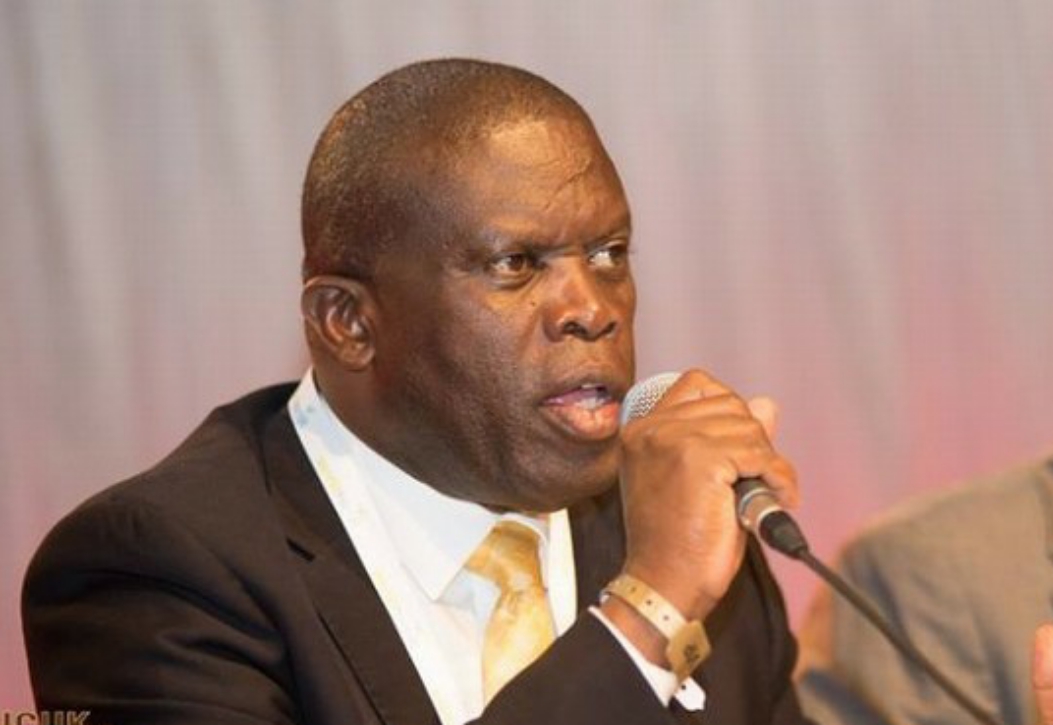Government through the Ministry of Trade, Industry and Cooperation has Tuesday withdrawn the Anti-Counterfeiting Goods Bill of 2015.
The Bill had previously faced opposition from civil society organisations due to its generic definition of counterfeit. Some campaigners feared the provisions in the law were likely to restrict access to generic medicines, which form the bulk of medicines used in Uganda.
At one point, there was a lack of consensus in Parliament on which arm of government would be responsible for enforcement of the provisions in the law. Some MPs argued that the Ministry lacked the manpower and capacity to effectively enforce the law.
In 2013, government approved the Bill and passed it on to Parliament for discussion and subsequent passing, where it has since been stuck.
The Bill sought to prohibit manufacture, trade and release of counterfeit products into the channels of commerce.
But on Tuesday, State Minister for Trade, Michael Werikhe said government had decided to withdraw the Bill following the guidance from the committee on trade.
He explained to Parliament that there were other existing laws in place to deal with counterfeit which only require to bee made more stringent.
“We do note the Committee’s guidance that there are already existing laws dealing with counterfeit and pirated products and goods that could be reviewed with more stringent penalities for infringement of intellectual property rights,” Werikhe said.
He added that the Ministry had considered the committee recommendations and submitted a paper to government seeking for guidance on how to strengthen the existing laws to provide adequate safe guards on the challenge of counterfeit goods.
“Based on the committee’s recommendations and conclusion, I wish to withdraw the Anti-counterfeit Goods Bill, 2015 until further consideration,” Werikhe said.
He noted that counterfeit goods remain a challenge that distort trade in the country and a major disincentive to innovation, which needed to be addressed.








